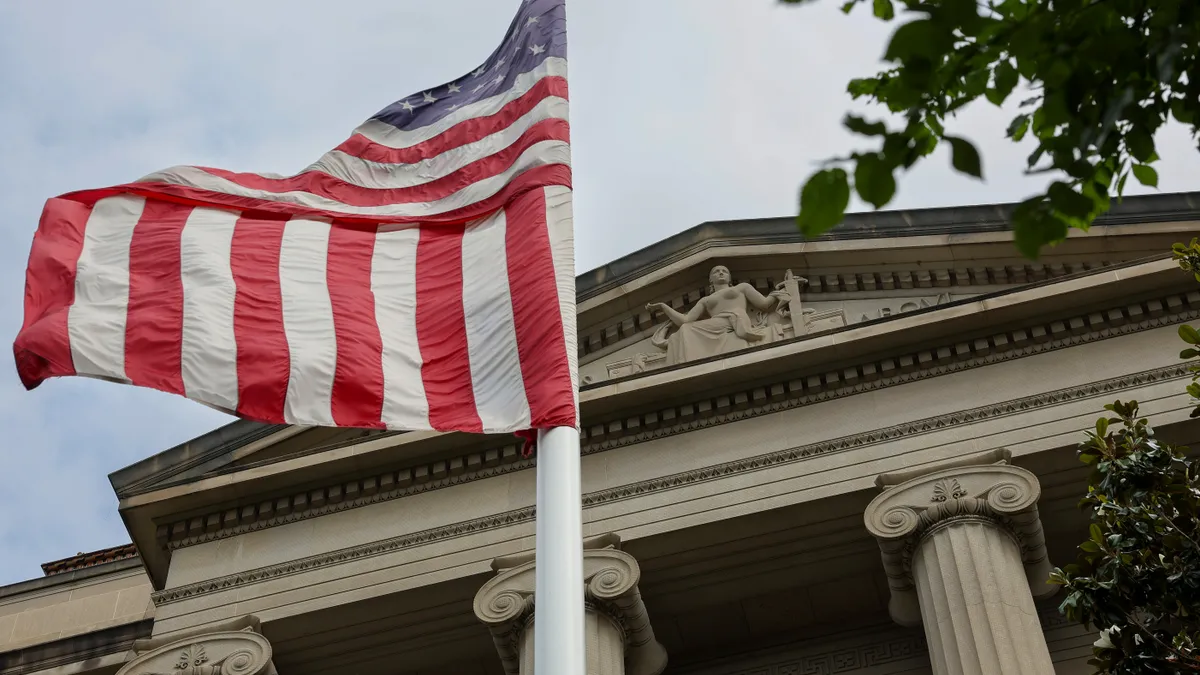Dive Brief:
- A federal judge decided to let the Equal Employment Opportunity Commission’s wellness rule stand, reports Health Affairs. The rule allows employers to incentivize workers to divulge health information relating to workplace wellness programs. The rule also allows employers to offer workers as much as 30% of the coverage cost of a wellness program if they disclose pertinent health information.
- AARP objected to the EEOC rule, arguing that the incentives amounted to coercion and that the disclosure of health information, as a breach of privacy, could be used to discriminate against workers. But Judge John Bates of the U.S. District Court for the District of Columbia dismissed both arguments, along with the preliminary injunction AARP had filed in 2016 against the EEOC rule.
- As workplace wellness programs grow in number, so have concerns about whether the programs are truly voluntary or potentially discriminatory.
Dive Insight:
Worker incentives aren’t new. The Health Insurance Portability and Accountability Act – a major protector of personal health data – allows employers to offer workers incentives up to 20% of the cost of a wellness program. The Affordable Care Act raised that amount to 30%.
As for the ACA, President-elect Donald Trump and Republican lawmakers are vowing to repeal the ACA, though more realistically, they are expected to attempt to replace the law with a law of their own.
In offering wellness programs, employers might consider the value of incentives. Healthcare Dive reports that a year-old Health Affair’s study showed that an incentive valued at $550 didn’t help employees in a weight-loss wellness program reach their goals. Incentives could end up being disincentives for employee participation.














